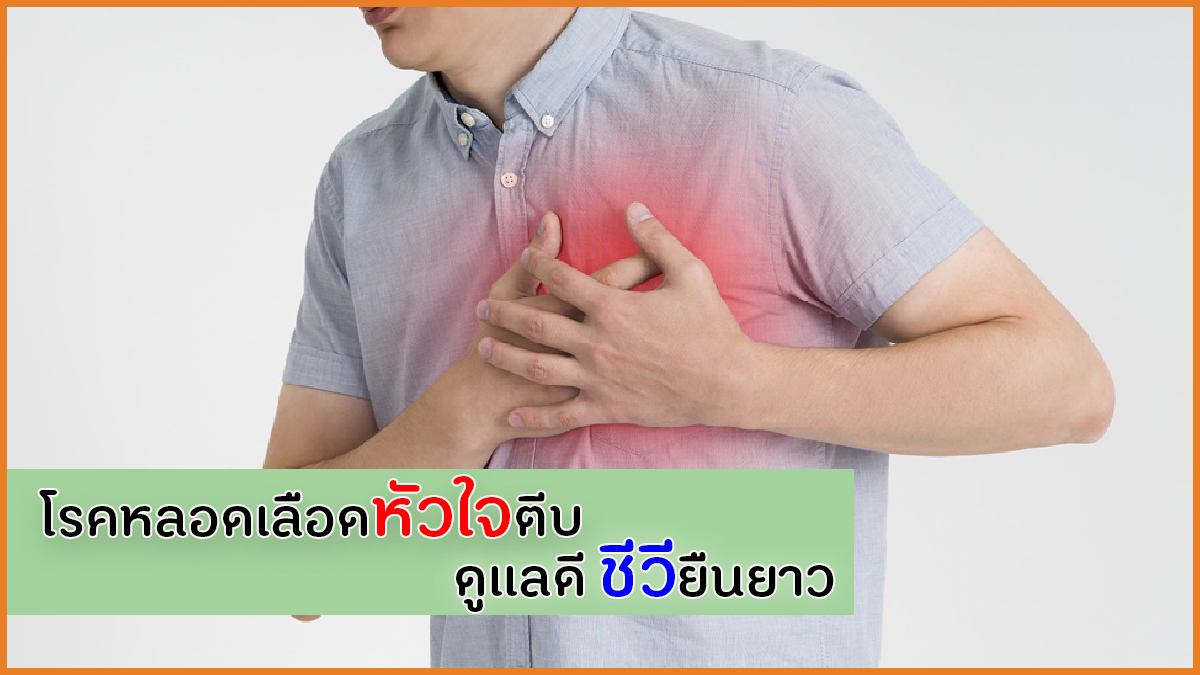
Coronary heart
disease Is another serious disease And
can cause death Coronary heart disease
is the second most fatal disease after
cancer. If you realize that you are, you
must take good care of yourself. To
extend the life of the patient for
longer By adjusting the behavior and
following the doctor's advice
strictly. If done properly, it can
extend life
time.
Symptoms of
angina
Pain in the
chest
Easily tired while
exerting
Acute and chronic heart
failure
Acute low blood
pressure
Loss of consciousness or
cardiac
arrest
Coronary heart
disease risk
factors
Uncontrollable
factors The older you get, the more
likely it is. Males are more
likely than females. If in menopause the
female gender is equal to the
male
Family history
Controllable
factors
smoking
high blood
fat.
High blood
pressure
Do not
exercise
Overweight or obese,
diabetes,unhealthy
diet,stress
cardiovascular
effects
Coronary artery disease is
a life-threatening disease. Especially
if you leave it or slow. Causing not
receiving appropriate treatment on time
When you get older or have risk factors
Fat will begin to adhere to the inner
artery wall. Narrowing or narrowing of
the blood vessels Affect the blood that
supplies the heart muscle If left
unattended, vascular rupture may occur.
Platelets slipped into the vascular
passages And when the coronary artery is
blocked in excess of 50%, the patient
will begin to have
symptoms.
Diagnosis of coronary
heart disease
If the
patient see a doctor with angina Or
other symptoms mentioned above The
patient will have an ECG test within 10
minutes and blood is drawn to view the
heart enzymes. If it is higher, it
indicates that there is a heart muscle
injury. Together with patient history
taking Ask how much pain in the chest if
more than 20 minutes may be related to
coronary artery
stenosis.
Treatment
of angina
If the
arteries are partially narrowed, treat
them with medication if the arteries are
very blocked. Treatment with a heart
balloon
If unable to make a heart
balloon Treatment with heart bypass
surgery
Self-care in
angina patients
Avoid risk-factor
behaviors (diet, diet, reduce sugary,
salty, lose weight).
Take
medication as prescribed by a doctor.
See your doctor by appointment every
time.
Eat fruits and vegetables
and drink at least 2-3 liters of water a
day.
Eat but enough food. After
eating, take a break for 30 minutes to
an hour because after eating food, blood
will feed the stomach. Failure to rest
will cause chest pain.
Exercise
regularly After treatment, the doctor
will have the patient practice walking.
Then the duration should be increased
gradually.
Calm the mind Find
opportunities to relax, reduce
stress,
not smoke.
Self-care to prevent
angina
Avoid sugary
foods Foods containing unsaturated fats
And very salty food
Eat less
fatty foods
Exercise
regularly
Avoid
smoking
Get enough sleep, not
stress,
weight
control
Health check up at least
once a year
Contact the news at
Fanpage facebook : Center of Excellence in Elderly Care
Website : Suan Sunandha Rajabhat University.
: Center of Excellence in Elderly Care
: Center of Excellence in Elderly Care Services
